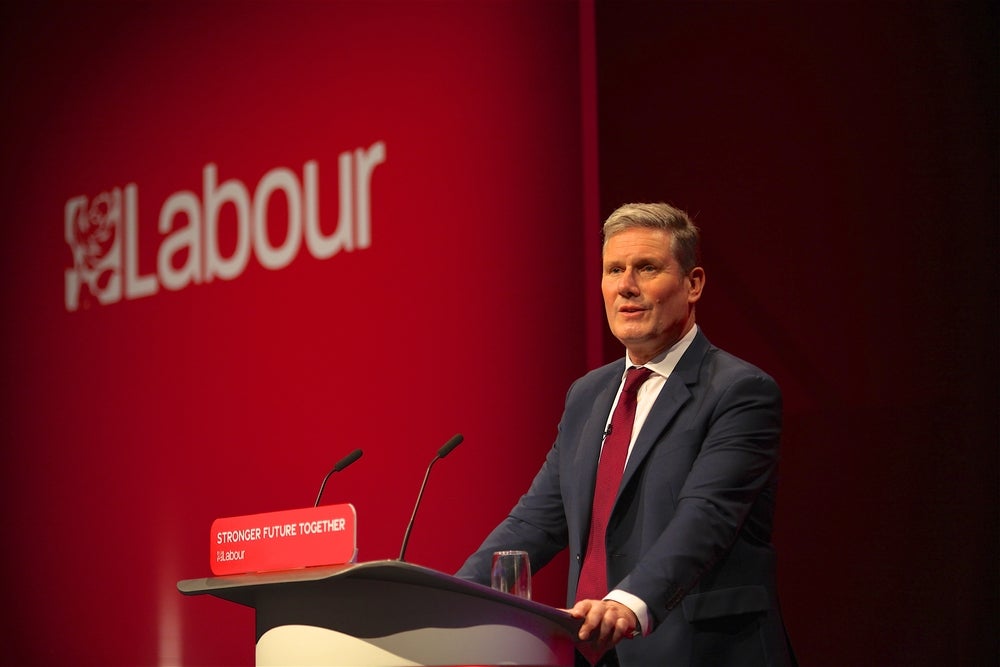As the world watches every move (and tweet) of the new Trump administration, they may have not noticed one thing: The biggest benefactors since his elections have not been America’s middle classes, but her high net worth individuals (HNWIs).
Rejoicing around the metaphorical ‘bonfire of regulations’, President Trump’s annulling of red tape described by his chief strategist and former Goldman Sachs vice president, Stephen Bannon, as the “deconstruction of the administrative state”, many HNWIs have seen a mini boom in their wealth. Beyond Capitol Hill, where one of the wealthiest cabinets in US history is gathered, an economic un-policy making has benefited key industries and their leaders.
The ‘bonfire of regulations’
First on the bonfire have been pieces of the Dodd-Frank Act, the regulation imposed on the financial services industry after the 2008 financial crises. A rule requiring publically traded oil, gas and mining companies to disclose payments made to foreign governments was the first piece of Dodd-Frank to go up in flames. The Cardin-Lugar Amendment, as it was known, is a step back for transparency but will benefit energy conglomerates and their executives, including Secretary of State Rex Tillerson who long campaigned against the act as CEO of ExxonMobil.
Next up looks like the Volcker Rule, a piece of Dodd-Frank which bans banks from proprietary trading deposit accounts (the rule was based on the belief that such high-risk speculation played a key role in the financial crises). The Durbin Amendment and Consumer Financial Protection Bureau are among other branches of Dodd-Frank expected to be piled onto the bonfire during the initial months of the Trump administration. “We expect to be cutting a lot out of Dodd-Frank, because frankly I have so many people, friends of mine, that have nice businesses and they can’t borrow money,” Trump said in a meeting with business leaders.
Other pieces of Obama-era financial regulation have not escaped this regulatory pillage. The Department of Labour’s new Fiduciary Rule may not see the light of day following a memorandum signed by Trump delaying the Rule until a review is carried out this year. The Rule requires brokers to provide retirement advice that is in a client’s best interest rather than the most profitable.
How well do you really know your competitors?
Access the most comprehensive Company Profiles on the market, powered by GlobalData. Save hours of research. Gain competitive edge.

Thank you!
Your download email will arrive shortly
Not ready to buy yet? Download a free sample
We are confident about the unique quality of our Company Profiles. However, we want you to make the most beneficial decision for your business, so we offer a free sample that you can download by submitting the below form
By GlobalDataFor the 750,000 HNWIs in the US who have made their wealth from financial services, the removal of these regulations spells higher growth as regulatory costs are replaced with higher trading activity. As Gary Cohn, director of the national economic council and another former Goldman Sachs banker said to the Wall Street Journal: “Americans are going to have better choices and Americans are going to have better products because we’re not going to burden the banks with literally hundreds of billions of dollars of regulatory costs every year”.
Though only 14% of HNWIs in the US have made their original wealth from financial services, according to WealthInsight, most will own shares in public companies. The biggest share of asset allocation in 2014 was equities followed by business interests at 29% and 30% respectively, but this is set to reverse by 2020 to 33% to 29% respectively. Data from the Federal Reserve in 2013 showed that of the 10% of families with the highest income, 92 percent owned stock. Research from New York University by Edward Wolff showed that, in 2013, the top 1% of households by wealth owned nearly 38% of all stock shares and the top 20% owned 92% of the stocks in 2013.
With such volumes of share ownership in the hands of so many HNWIs, any stock market rally will directly benefit their wealth. And this is exactly what has happened since Trump was elected: The S&P 500 has more than tripled from its trough in 2009 and the Dow Jones industrial average recently closed above 21,000 for the first time.
Biggest change to affect US HNWIs’ wealth yet to come
Possibly the biggest change to affect the wealth of HNWIs in America, however, is yet to come and it is shrouded in mystery – this is Trump’s tax plan. On the campaign trail Trump pledged to introduce tax breaks for the wealthy by collapsing the current seven tax brackets to three with the top tier paying 33% instead of the current 39.6%. With this 6.6% shift the top one percent of Americans could see their incomes rise by between 10.2% and 16%, giving them an average cut of between $122,400 and $192,000, according to the Tax Foundation.
Trump has also signalled that he could cut the corporate tax rate from 35% to 15% and he would eliminate the federal estate tax and gift taxes. “We’re going to … lower the overall tax burden on American businesses big-league. That’s coming along very well. We’re way ahead of schedule, I believe,” he said at a meeting with airline executives.
With less tax, fewer regulations and thriving stock markets, it seems evident that HNWIs will see their wealth prosper under the Trump administration. However, if these increases come at the expense of the middle class or ‘middle America’ Trump will have burnt the very pledge that gave rise to his presidency. Another campaign pledge of Trump’s could make enemies of both HNWIs and middle America yet. His 20% tax on all imports will shake the consumer economy at its core.
Some of America’s largest companies are consumer orientated, meaning any import tariffs will be passed directly onto the consumer. If the cost of Walmart’s groceries, Mars’s confectioneries or McDonald’s burgers were to increase following such import taxes, it would not only hurt the wallets of America’s wealthiest families – the Waltons, Mars and Reyes – but also those of America’s poorest.
US HNWIs – Distribution by Industry (%), 2014







